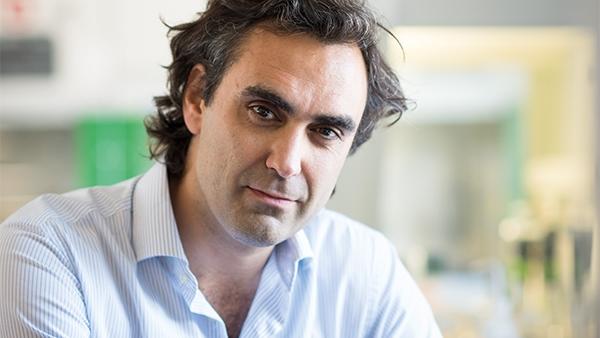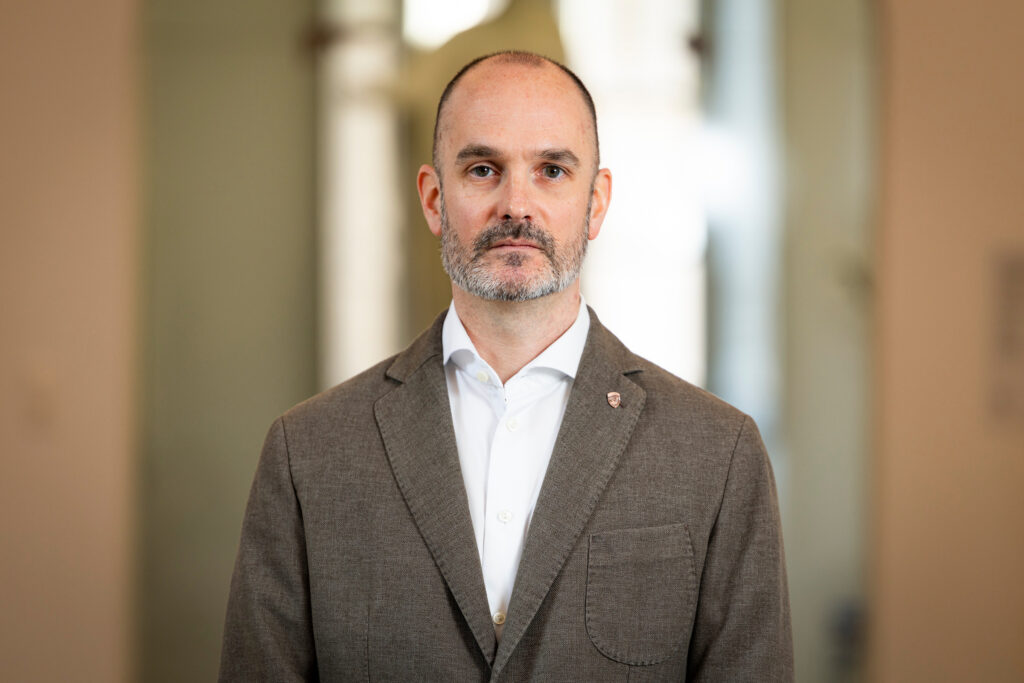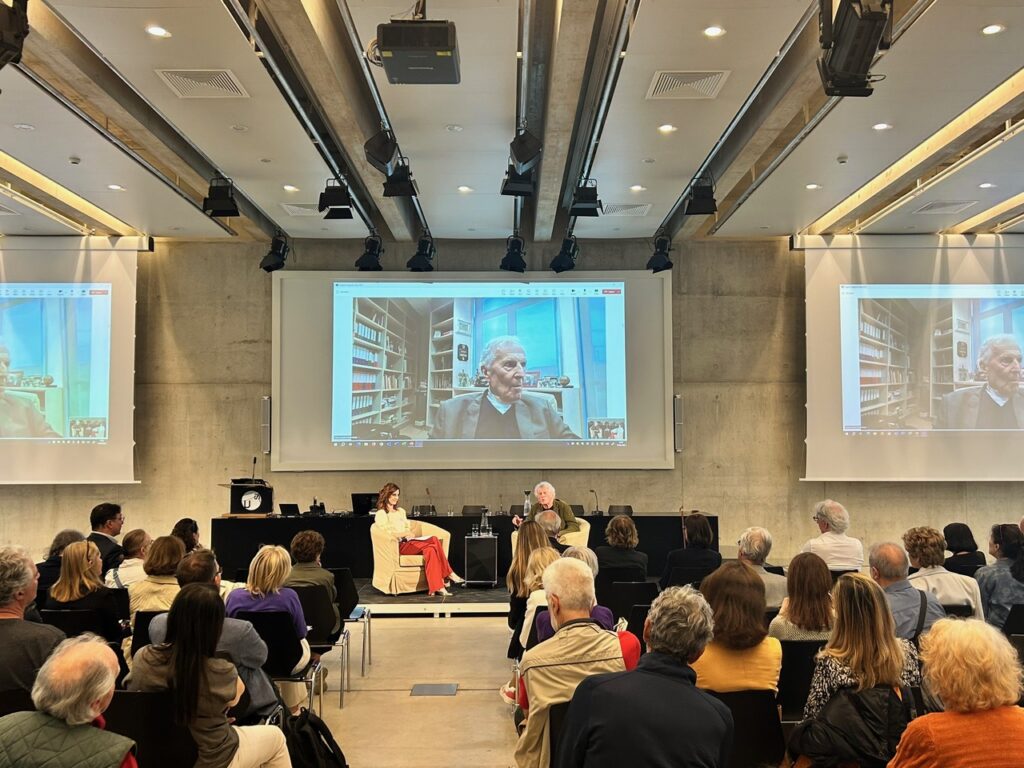Dr. Calcinotto, tell us more about your findings and what inspired you and your colleagues to devise this new immunotherapy concept…
«It is a general understanding that to fight cancer we need to harness the immune system, as most of the immunotherapy drugs currently under evaluation work by stimulating the immune system to recognize and kill the cancer cells. Previous trials using immunotherapy in prostate cancer have been unsuccessful. This information brought us to investigate whether the immune response could play a different role in this type of tumour. Prostate cancer treatments usually fail after time as resistance to therapy develops, a condition known as castration-resistant prostate cancer (CRPC). Because this condition is one of the most common causes of cancer-related mortality in men, we decided to investigate the role of the immune cells in the development of this specific phase of resistance for this common disease. For decades, oncologists and researchers were unanimous in believing that the target to strike in order to stop this phenomenon were the male hormones (androgens and testosterone, which fuel the tumour’s growth); without these, in fact, the prostate cancer cells start to die off. Later, however, those cells fight back and manage to survive, even without their essential nutrient. How the tumour managed to withstand the lack of androgens and come back stronger than ever has been, up to now, a mystery. Working with partners in the United Kingdom and in Italy, we found elevated levels of the protein interleukin-23 (IL-23) in the blood and in the tumours of most patients resistant to antiandrogen therapy. We noticed moreover that the release of IL-23 in the tumour is caused by a particular type of immune cell (called myeloid cells), which make it treatment resistant – like a “dark force” – by allowing the survival and proliferation of the prostate cancer cells. The next step will now be to run clinical trials and identify the antibody that can selectively block IL-23. Our research will be the basis for a promising clinical study in prostate cancer patients, similar to research underway for the treatment of disorders such as psoriasis, which is very well tolerated by patients».
La versione completa di questo articolo la potrete trovare all’interno dell’edizione cartacea di Ticino Welcome
















